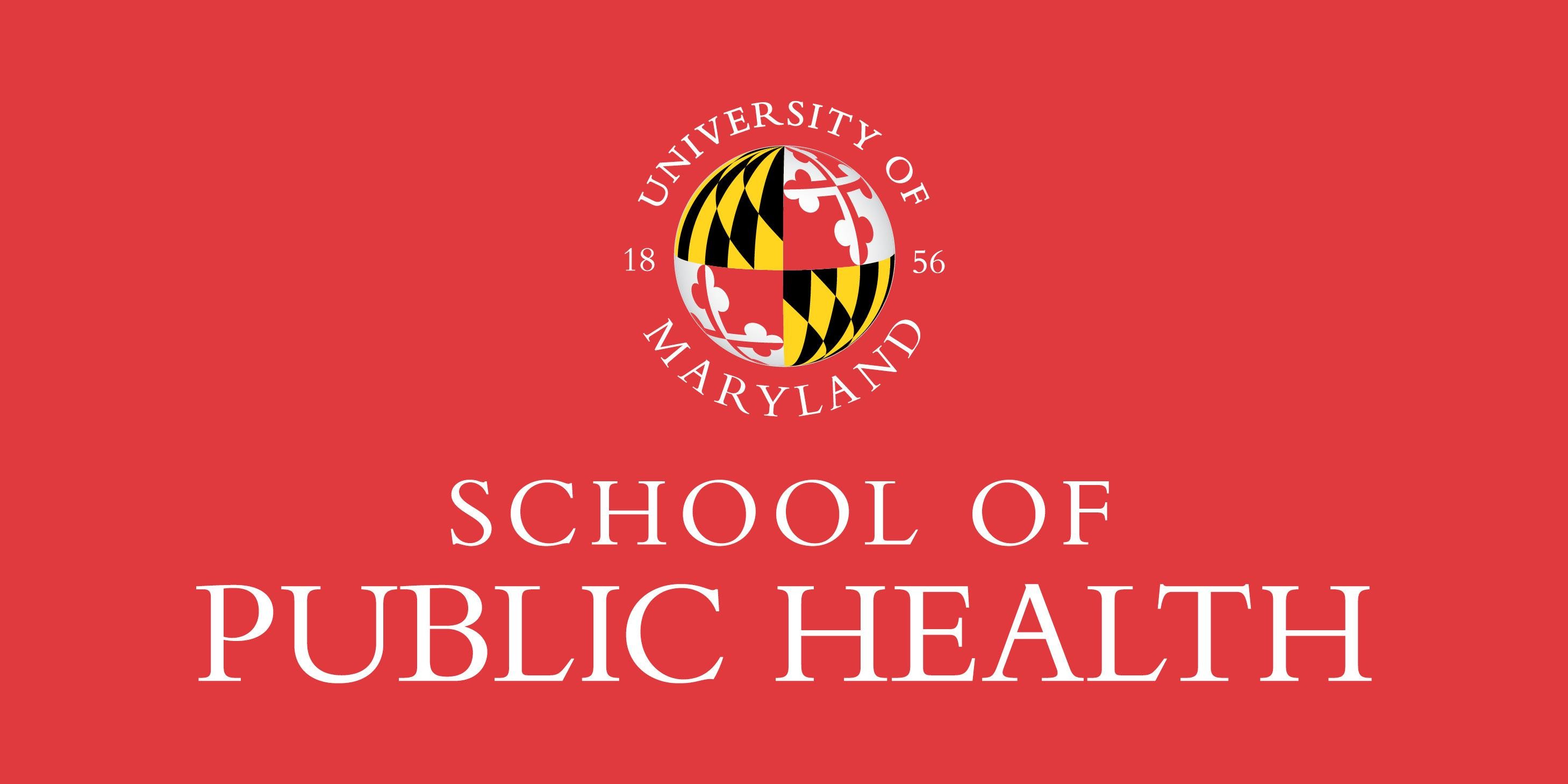
Sara Sissleman
Master of Health Administration (MHA)
Sara Sisselman '17 is using the skills she learned in the Masters of Health Administration program each day as she navigates the uncertainties of the COVID-19 pandemic as the manager for two primary care offices and an urgent care unit for Virginia Hospital Center. She oversees all day to day operations as well as patient safety and quality improvement initiatives.
How has COVID-19 impacted your role?
In one of my primary care practices, we are no longer seeing patients in the office—instead we are providing telephone appointments. In my other primary care office, we have been fully converted to a telehealth practice conducting only video visits.
In my urgent care, we are still seeing patients as normal using proper personal protective equipment (PPE) and workflows set forth by the Virginia Health Department.
I am in quality meetings daily regarding PPE supply, safety initiatives and guidance for social distancing. We work very closely with infection prevention at the hospital as well as with the Arlington Health Department.
How has the adjustment to telemedicine been?
It’s been quite an adjustment. We worked diligently overnight to get it set up and get providers trained on how to use it.
With telemedicine, it takes more time to set up the appointment, get insurance verification and medical history. All that happens behind the scenes before the provider even sees them, and then the actual call is rather quick.
We can’t do annual physicals, and we can’t do lab work or urine, so for some things, it’s difficult to treat without having the patient in front of you. But, in the grand scheme of things, we’ve been very successful.
And what precautions have you taken in urgent care?
We’ve taken a lot of precautions. When people step in the door, they wear a mask regardless of what their symptoms are.
We don’t test for COVID19, but we do transfer to the emergency department if they’re unstable, or order testing to be done at our drive-up clinic in Arlington.
The staff wears masks throughout their entire shift, and we use gloves, face shields, gowns and bleach. If we have to see patients, we are limiting the time they are actually in the clinic and move as fast as possible. There are designated feet in the waiting room to sit six feet apart from each other. We also don’t do throat swabs or mouth swabs.
What do you think is the most challenging issue we’re facing right now?
Many people aren’t taking social distancing seriously. There are so many unknowns, and people can be asymptomatic and start spreading it. They go to the grocery store, or they have a long chat with their neighbor outside and they spread it unknowingly. Someone could pick it up at the grocery store, or from the package that just got delivered to their house.
For us, in the land of the free, everyone wants to do what they want to do. They say, “I’m inside for six days a week, so for one day I can go to the park.” As it gets warmer out, I think it’s going to continue to spread rapidly.
It’s such a new virus that everyone is experiencing different symptoms.
How has your degree from Maryland helped you address these challenges?
As a health administration student, we took a lot of classes on leadership, and part of that is leading by example. When I wear a mask and practice continuous hand washing, others around me do it too.
For my internship and capstone at a hospital in DC, I worked directly on initiatives on the importance of hygiene for infection prevention in the hospital setting. I’ve used those skills every day. I also took classes at SPH on infection prevention.
I think my degree from UMD really helped me. There’s not a lot of public health people in this world, but being able to have a health administration degree from the School of Public Health really is the best of both worlds. Health administration has given me the technical skills to lead an organization, but my public health degree has helped me use those skills when pandemics like this happen. It’s helped me to prepare for the worst but hope for the best.
What do you hope for the future of the public health field?
I hope that the public health field continues to grow and create a larger presence, so we can easily put on that public health hat when issues arrive.
Public health is underrecognized the majority of the time. But at times like this, the nation is in our hands. I hope that public health is introduced to schools, and companies create public health initiatives, so more people know about it.